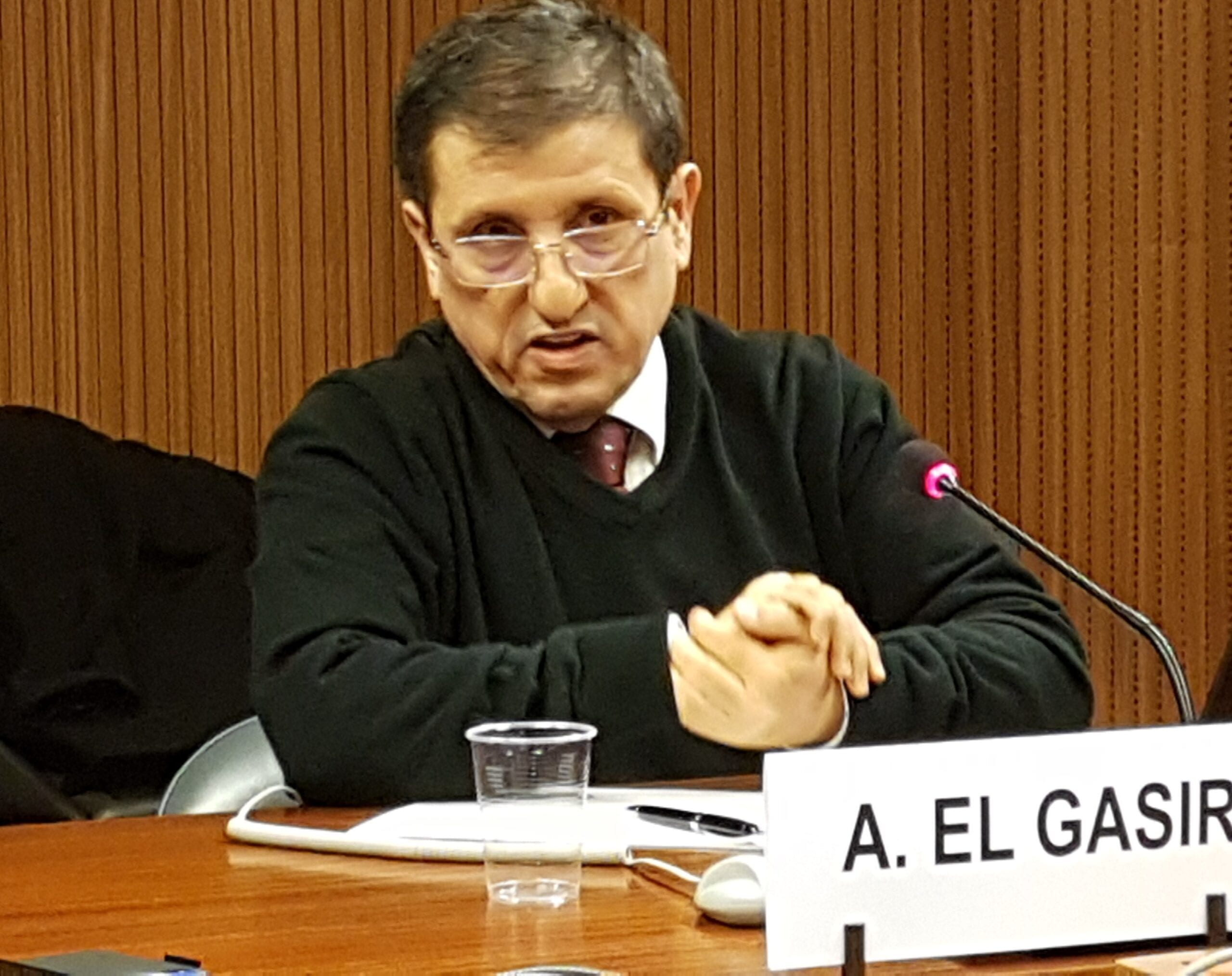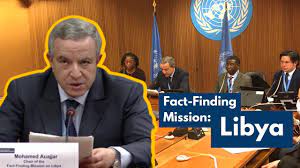
Europe’s inaction on the civil war in Libya will bring crisis to our shores ǀ View
It isn’t hard to see why Ghassan Salamé accused the global community of lacking the ‘moral motivation’ to end the Libyan civil war. After all, his comments followed Emmanuel Macron’s meeting with Field Marshal Khalifa Haftar, a warlord and dictator-in-the-making. In the days since, Haftar’s forces have pushed on towards the centre of Tripoli, while an Al Jazeera investigation has discovered cargo planes secretly dropping off payloads at bases in his control.
Haftar has told the French press that political discussions cannot resume until he has ‘finished with’ the country’s militias ‘once and for all’. Yet Macron insists he is being ‘realistic’ in his approach to the conflict that has torn Libya asunder. He sees the Middle East as an important stage for France to prove the intelligence of its foreign policy. But what think-tanks have called the ‘reassurance’ doctrine is merely the same backward approach the West has always taken in regard of the Arab world: support the strongman, the thinking goes, for he is the best hope of maintaining stability.
Meanwhile Jeremy Hunt, the UK’s Foreign Secretary, has refused to rule out the possibility that Haftar will play a role in a future Libyan government, despite—as Human Rights Watch and Amnesty International have detailed—his complicity in war crimes. Nevertheless, the UK has called repeatedly, and rightly, for a ceasefire; it was to this that Haftar refused to agree during his recent meeting with Macron.
Libya is in the depths of crisis and the battle for Tripoli is poised to descend into bloody war. As Salamé has noted, the belligerents have committed just 30 percent of their forces thus far, while the production of 1.2 million barrels per day of oil ensures there will be money for the conflict to go on and on.
Those under the boots of Haftar’s Libyan National Army could tell Macron what ‘realism’ means for them. There is video evidence of the LNA carrying out extra-judicial killings, torture, and a variety of cruel and dehumanising acts. During the protracted siege of the city of Derna, hospitals were bombed, people displaced, aid to the city denied, and fuel, medicine and food depleted. No press could report on these atrocities, but those inside Derna quickly found out what Haftar meant when he called for the city to be ‘choked’.
These acts and more do not flow from counterterrorism efforts. Haftar is accused of war crimes by international humanitarian lawyer, Rodney Dixon. Given half a chance he will seize Libya for himself and plunge a country that has seen four decades of dictatorship and misery into yet another catastrophe. Mattia Toaldo, a Libya expert at the European Council on Foreign Relations, put it simply: ‘He cannot be trusted,’ he said.
Soon, those in Europe will suffer the consequences of their inaction. Libya’s failure to attain stability, following Haftar’s de facto military coup in 2014, precipitated a wave of migration across the Mediterranean to Malta, Italy and the rest of Europe. The continued conflicts since Gaddafi’s death, the lucrative migrant trade exploded. For years Gaddafi used migration to ‘hold Europe hostage’, according to the analyst Tarek Megersi. He struck a deal with Berlusconi in 2008 to restrict the flow of migrants, and came to an agreement with smugglers in the south of Libya, says Megersi: take goods to Niger, Chad and Algeria, but not people to Europe.
The UN-backed Government of National Accord (GNA) has also come in for criticism for its cooperation with the EU to curb the migrant trade, with some major Libyan and International human rights organizations suggesting it leaves migrants in a country undergoing serious political turmoil. However, positive change and constructive dialogue remains a possibility as long as the GNA is in power. Haftar, in contrast, is a law unto himself, and will promptly end any cooperation with Europe if it suits him to do so. If we think efforts to prevent migrants trying to reach Europe are not ideal so far, we must consider what will happen if Haftar seizes power. He will unquestionably hold Europe hostage in the same way Gaddafi did and exploit the continent’s fears to force concessions out of its powers.
Libya is in the depths of crisis and the battle for Tripoli is poised to descend into bloody war. As Salamé has noted, the belligerents have committed just 30 percent of their forces thus far, while the production of 1.2 million barrels per day of oil ensures there will be money for the conflict to go on and on. Soon, Libya will become a corridor for migrants fleeing drought, poverty and violence across Africa. And they will set off across the sea to a weakened and uncertain Europe. Such an eventuality will animate nationalists and populists already in the ascendency across the continent. But there will also be no shortage of corpses washing up on its shores. If the humanitarian crisis in Libya is not reason enough to inspire action, the political, economic and cultural crisis that awaits Europe should be.
Ahmed al-Gasser is a Senior Human Rights Researcher at the Libyan NGO Human Rights Solidarity.
__________
https://www.euronews.com/2019/05/29/europe-cannot-ignore-the-libya-crisis-for-long-view




